|
Sadly, my time as a TRIP student is coming to a close. Looking back, it is amazing how much my lab-mates and I learned in 12 days of actually being in a lab, mainly due to Dr. Purdy and Dr. Leystra being such wonderful mentors. At the start of the program, the 14th and final week of the program seemed so far away but is now right around the corner. I will never forget the lessons of kindness, collaboration, helpfulness, and curiosity as well as those of lab procedure, experimental design, and public speaking that I gained from this amazing opportunity. I knew that I wanted my results to be relevant to a large part of the population." When I was first told to investigate my independent experiment, I was not really sure where to start, but I knew that I wanted my results to be relevant to a large part of the population. I finally decided to focus on the issue of sleep deprivation, which has unfortunately been made worse due to several effects of the pandemic on our lives. After conducting some research into the matter, I found that being sleep deprived increases your appetite for sugars and fats and food overall which encompasses simple sugar and caffeine. I also found that the less sleep one gets, the lower one’s cognitive function is. Because good cognitive function is extremely important for the academic work of developing humans (young adults and teenagers), I decided to investigate whether or not a combination of sugar and caffeine could protect cognitive function in sleep-deprived developing organisms. The assay I used for my experiment was the larval memory assay. Larvae, the developing form of a fruit fly in which the organism is very food-motivated, are kind of the equivalent of young adults in humans. In short, this assay tries to train the larvae to associate one of two smells with a sugar reward, and then tests to see whether or not the larvae actually remember which smell that is when faced with the choice of choosing between the two smells. In the end and unsurprisingly, I found that the larvae in my control (good sleep, no sugar or caffeine) vial had the best cognitive function and my constant light (sleep deprived, no sugar or caffeine) vial had the worst cognitive function. However, sugar alone was able to ameliorate the negative effects of sleep-deprivation by a significant margin. While my data is preliminary, it suggests that if one has to stay up late and have the best cognitive function possible, it is better to eat sugar only. I am so thankful to TRIP for allowing me to further my passion for science and experimentation and introducing me to so many new ideas. What I loved most about TRIP was how it perfectly blended advanced scientific procedures and concepts with a fun learning environment. I am really going to miss TRIP and I hope to be able to visit again in the future.
0 Comments
Your comment will be posted after it is approved.
Leave a Reply. |
Archives
April 2024
Categories
All
|
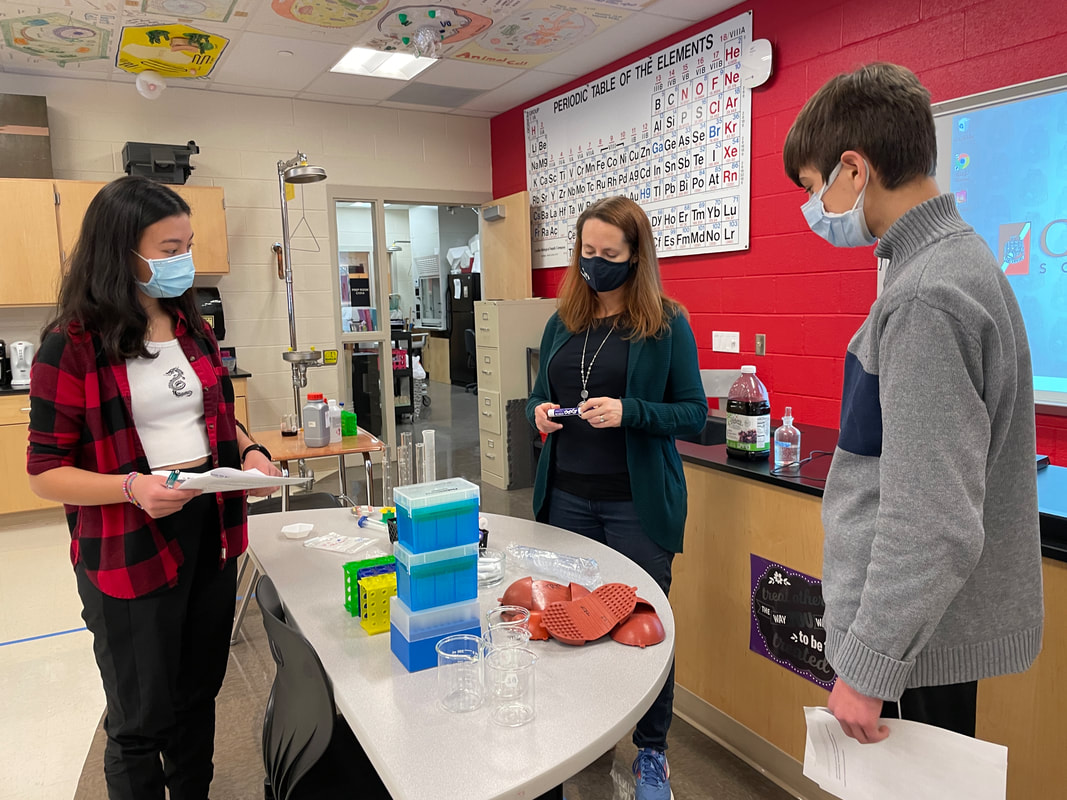
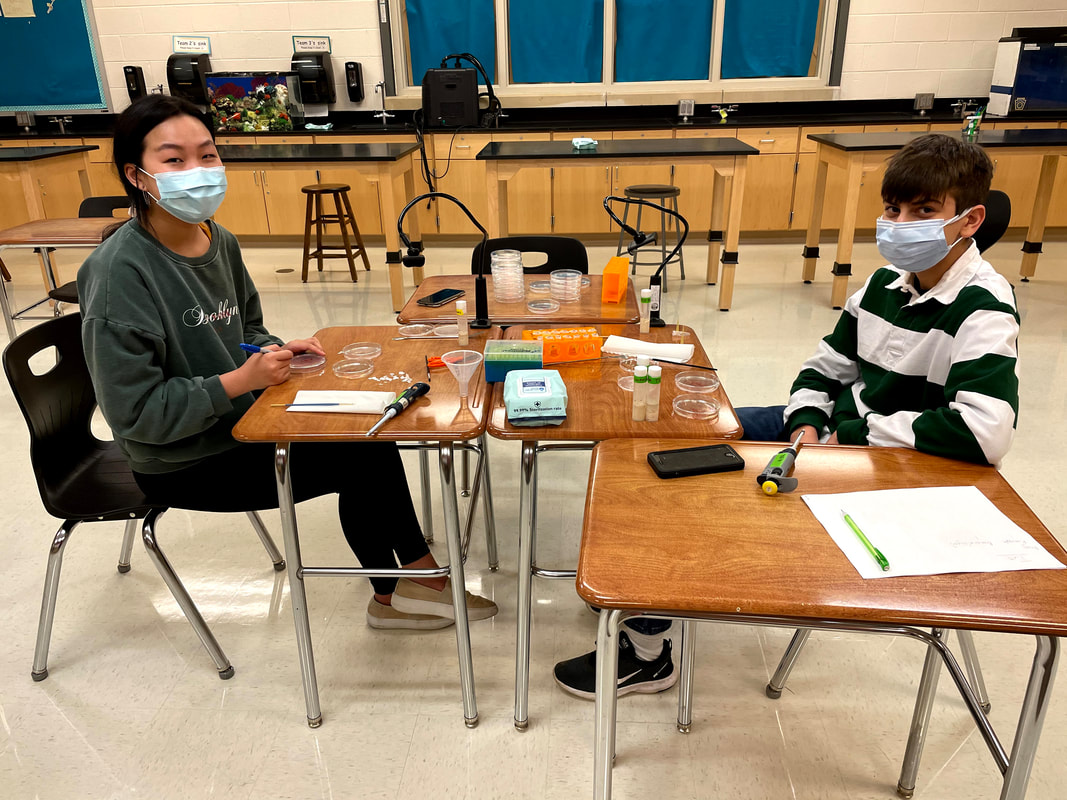
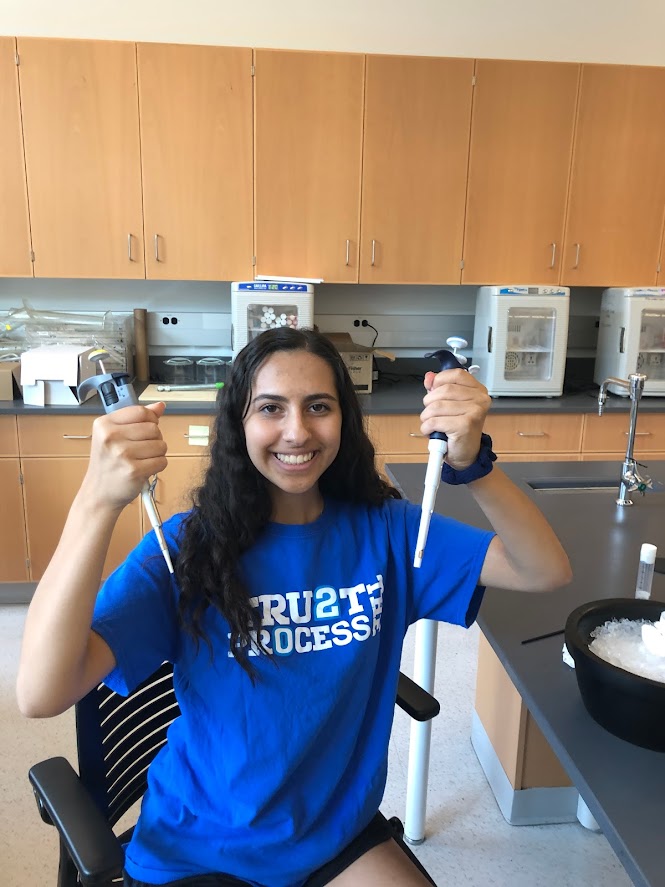
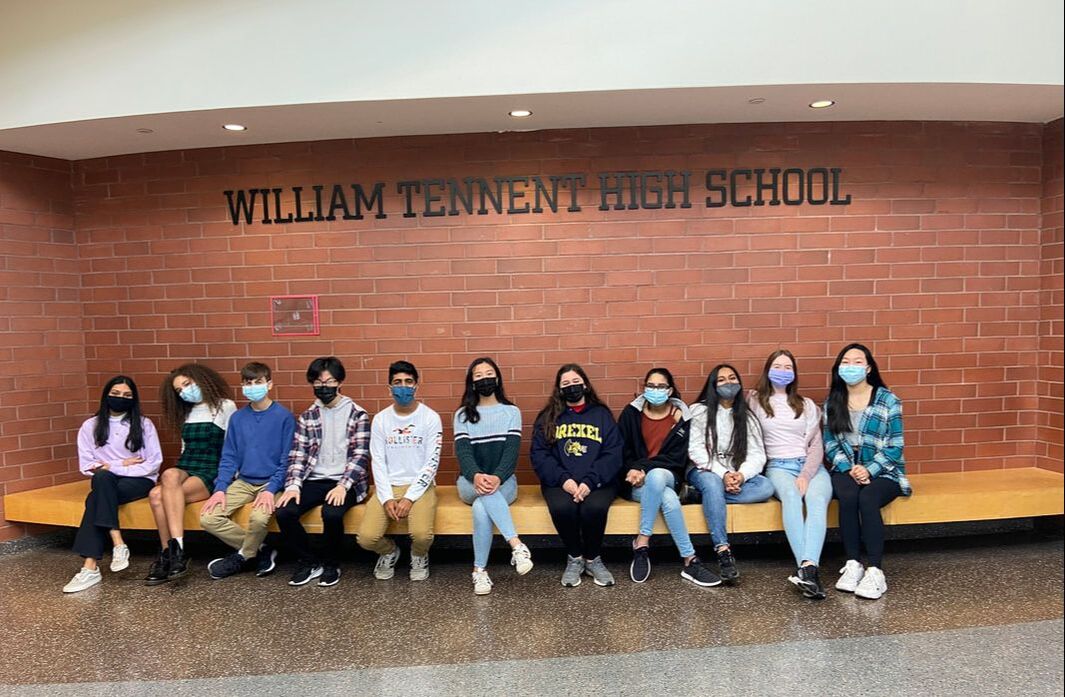
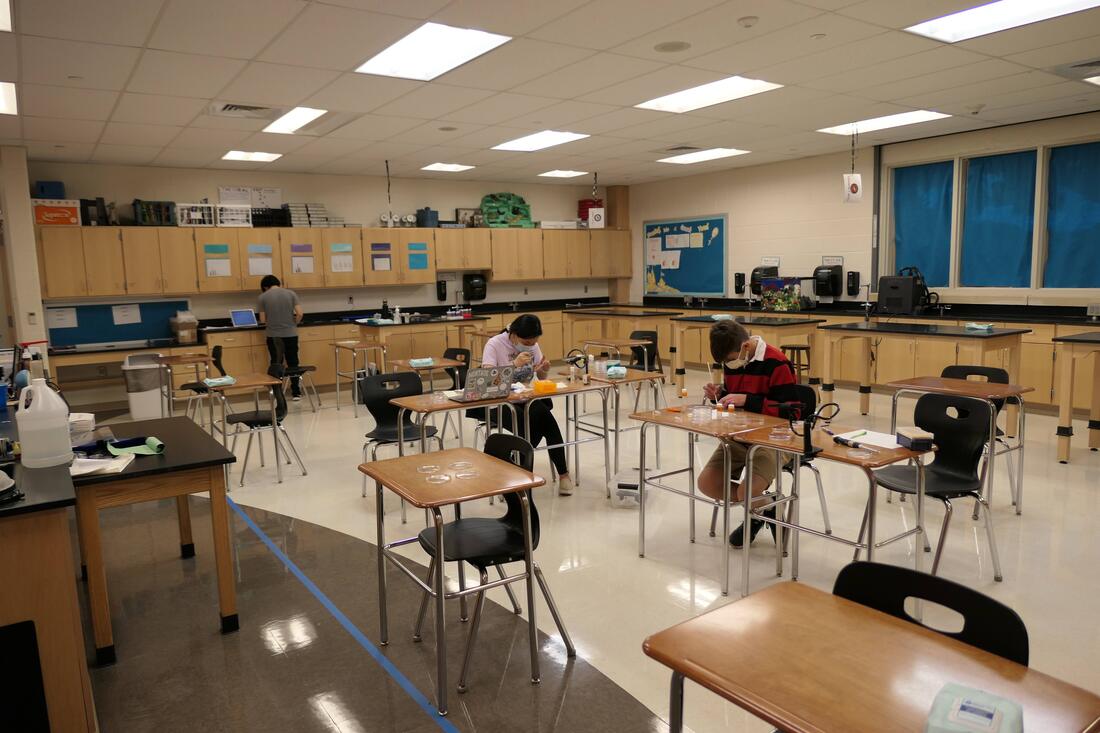
 RSS Feed
RSS Feed